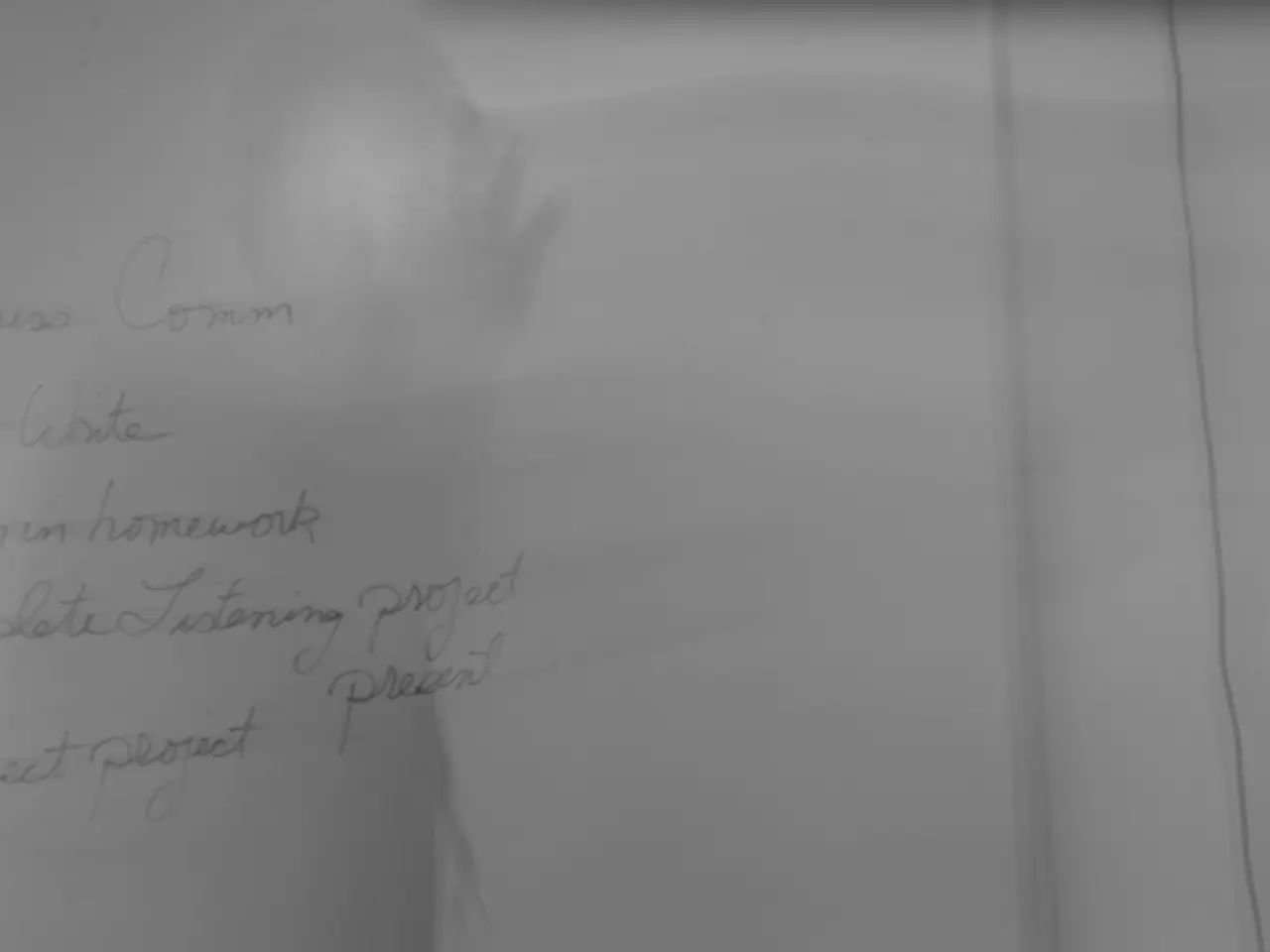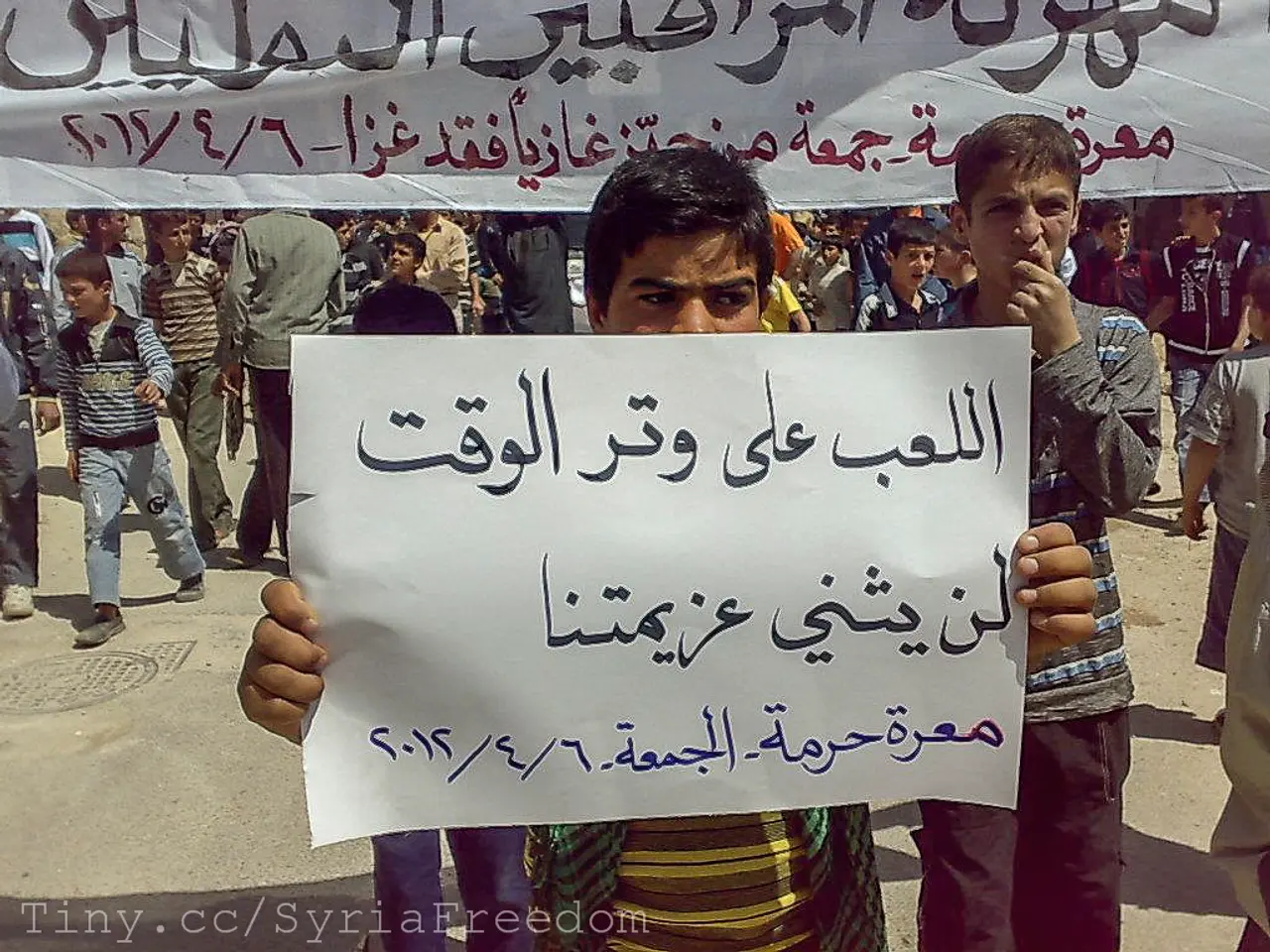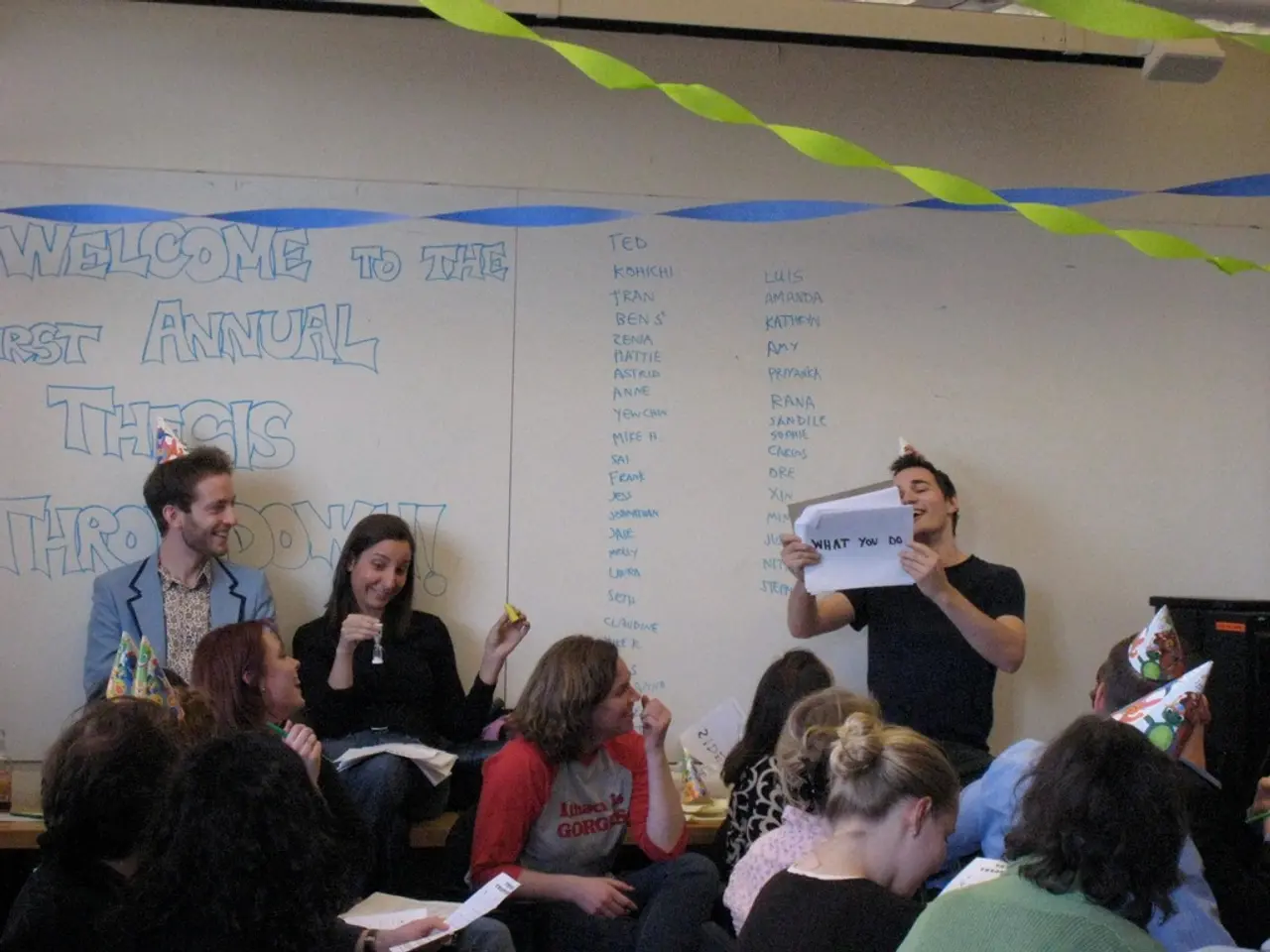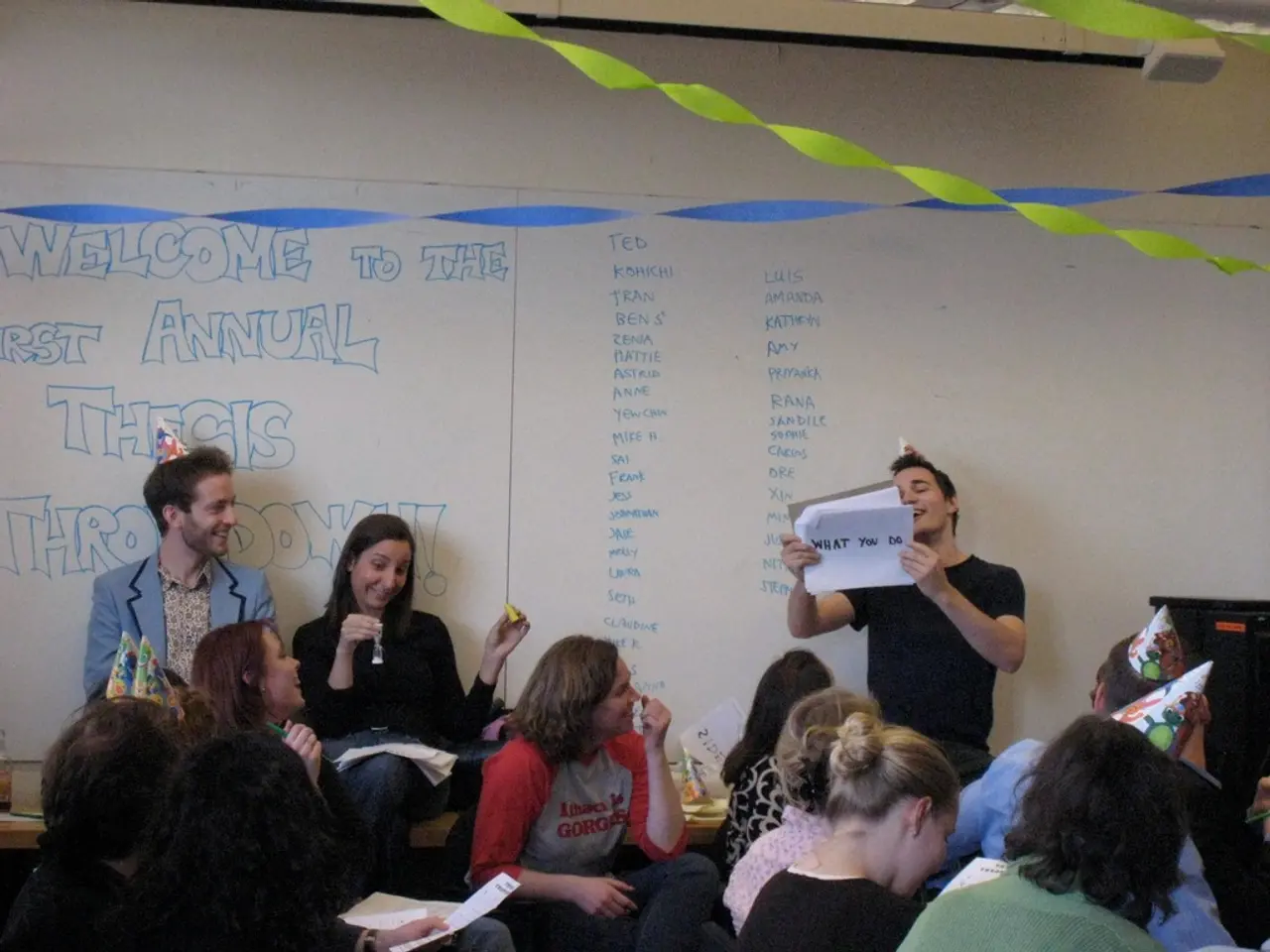Over 142 thousand individuals are in a queue for permanent residency in Quebec
Quebec's unique immigration framework is causing significant delays for people seeking permanent residence, with some waiting up to 18 years. This is largely due to the province's shared jurisdiction over immigration decisions with the federal government, resulting in a multi-step approval process that slows down the path to permanent residence, particularly for family sponsorships and parent/grandparent programs.
The delays are not administrative but are a result of Quebec's quotas. Immigration lawyer Maxime Lapointe suggests creating a permanent immigration program commissioner to monitor fraudulent strategies and accumulating volumes in the migratory machine. Laurence Trempe, co-president of the Quebec Association of Immigration Lawyers (AQAADI), has described the situation as a "disaster" and a "real scandal."
Family reunification delays in Quebec currently stand at 37 months, compared to 11 months in the rest of Canada. Most people waiting for their permanent residence are already installed in the province and are working. However, some spouses awaiting sponsorship are refused and cannot even live on the territory while waiting for their permanent residence.
The AQAADI argues that there's nothing in the Canada-Quebec Agreement preventing it from doing so, and that Quebec does not have the competence to limit in these categories. The federal Ministry of Immigration, Refugees and Citizenship Canada (IRCC) only treats annually the number of applications dictated by the Legault government, causing other files to pile up.
In 2019, Minister Simon Jolin-Barrette eliminated 18,000 immigration files, but they were not treated or selected as is the case with the current backlog of 142,500 people waiting. The number of pending files for permanent residence in the province of Quebec has reached 142,000.
If the lowest scenario for permanent immigration goes ahead, people recognized as legitimate refugees could wait up to 18 years before receiving their permanent residence. In the humanitarian category, the delay, already 50 months in Quebec, becomes even more unprecedented: the scenario with 25,000 permanent residents goes down to only 200 admissions per year.
The Minister of Immigration, Jean-François Roberge, has put forward three scenarios for a decrease in permanent immigration: 25,000, 35,000, and 45,000. The experts agree that the immigration system needs adjustments or fixes, and now stability and "predictability" are needed. The acceleration of processing could come from an exceptional program if Quebec decides to treat these files outside the quota, or from Ottawa, but Lapointe doubts it.
The CAQ government could potentially eliminate all pending immigration files in its next planning, starting from scratch with a chosen model. However, recent polls show a significant drop in the popularity of the CAQ party, with the Liberals ahead. The wholesale price of Internet fiber is being offered to telecommunications giants by the Carney government, but these developments do not seem to have a direct impact on the immigration backlog in Quebec.
The delays in immigration, particularly family reunification, in Quebec are a heated topic in both general news and politics, with many deeming the situation as a disaster and a real scandal. Immigration lawyer Maxime Lapointe proposes creating a permanent immigration program commissioner to address fraudulent strategies and accumulating volumes, advocating for urgently needed adjustments to the immigration system.




